
This logo isn't an ad or affiliate link. It's an organization that shares in our mission, and empowered the authors to share their insights in Byte form.
Rumie vets Bytes for compliance with our
Standards.
The organization is responsible for the completeness and reliability of the content.
Learn more
about how Rumie works with partners.
Some say that Benjamin Franklin was the world’s first electrician.
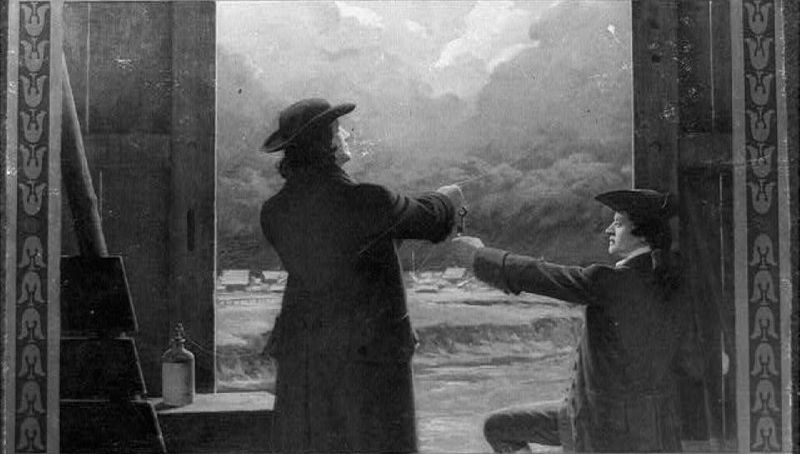
But if we’re going to keep the power on for nearly 90% of the world's population, we'll need more than a kite and a metal key. Electricians keep the world running!
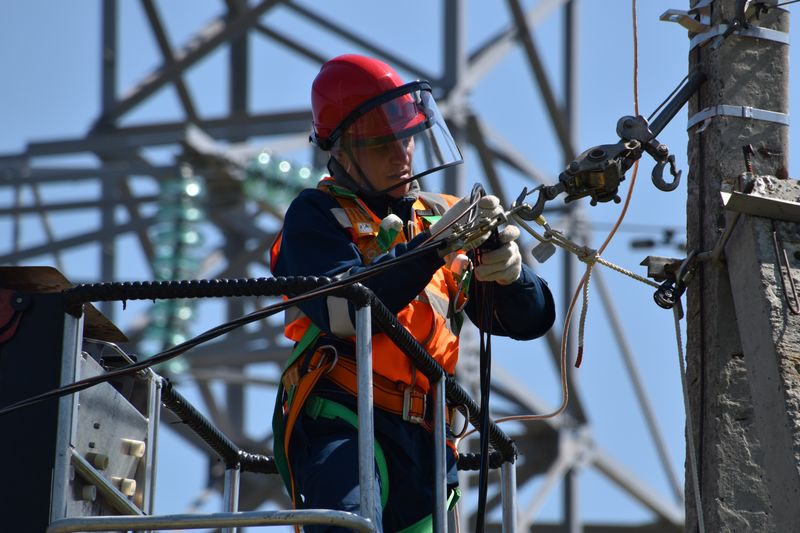 Photo by Anton Dmitriev on Unsplash
Photo by Anton Dmitriev on UnsplashWhat Does an Electrician Do?
An electrician installs, repairs, maintains and operates electrical equipment and power lines. While most people encounter residential electricians who may rewire your home or install electrical outlets, there's quite a range of types of electricians:
Commercial
Residential
Automotive
Maintenance
Power line
Construction
Emergency
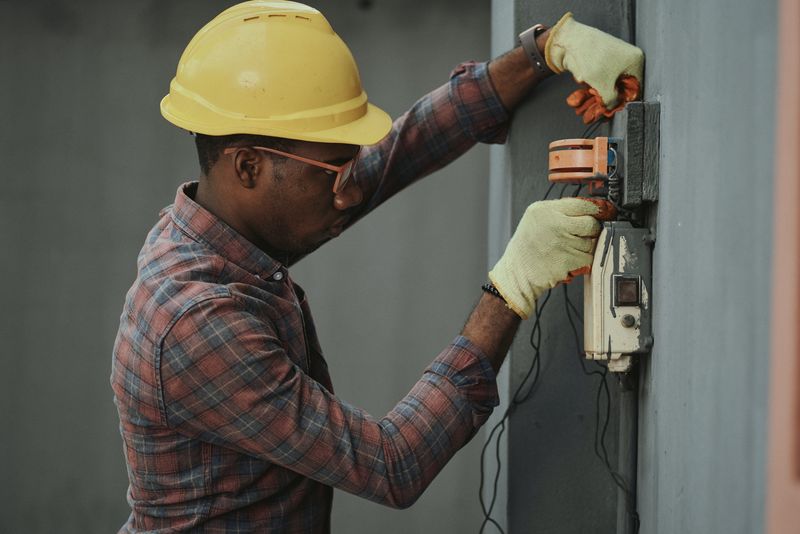
Electricians work anytime and in any environment. Your preferences and experience will determine which job is right for you!
What are the Job Requirements for an Electrician?
As with any career, it's no shock that being an electrician has its requirements.
 Education
Education
Most electrician jobs require a minimum of a high school diploma or equivalent. While electricians learn the trade on the job, many attend trade or technical colleges to earn an advanced degree. The hours spent in the classroom also count toward apprenticeship.
 Training
Training
Junior electricians spend about four years in apprenticeship programs. In this program, you'll learn how to read blueprints and schematic diagrams, code requirements, and safety. You may even learn more advanced skills such as soldering.
Apprenticeship programs are offered by trade schools, contractor associations, or the local union. Check with your state or province licensing board to find out the minimum requirements for the apprenticeship.
Quiz
Anuja is thinking about becoming an electrician. Her only option is to enroll in a technical college's electrical program.
While enrolling in an advanced degree program (such as a technical college) is one option, you can also begin your career in an apprenticeship. Enrolling in a technical college is not the only option.
Skills, Qualities, and Licensing of an Electrician
Skills and Qualities
To be an electrician, you should be able to perform physical work as well as maintain technical know-how. Here are some of the skills you may be expected to have:
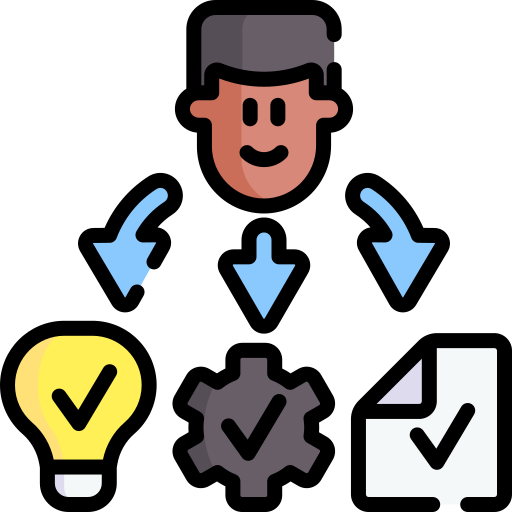
Take accurate measurements and perform other mathematical functions (such as algebra or trigonometry)
Read and/or draw technical diagrams
Operate diagnostic equipment
Demonstrate critical thinking and problem-solving skills
Regularly lift heavy items
Work in confined or dusty spaces for extended periods of time
Licensing
You'll see that nearly every electrician job description in both Canada and the United States requires you to be licensed. You can't perform electrical work for hire in most states or provinces without one.
Electrician licenses are issued by your state or province's licensing board after you have successfully completed a specified number of hours and/or passed an electrical exam.

Each state and province has different requirements, so be sure to check your local licensing board's website for details.
Did you know?
Job Duties and Career Paths of an Electrician
Job Duties
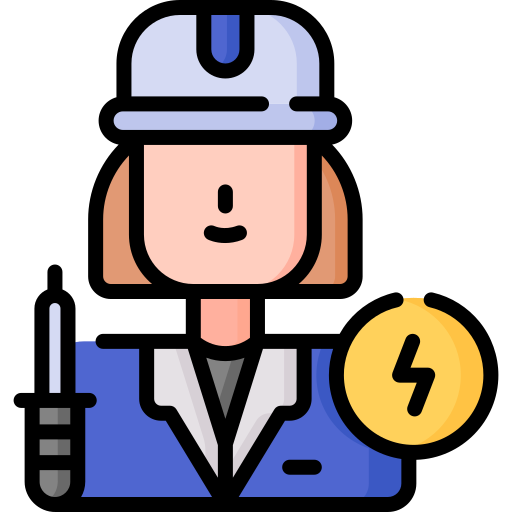
What you do from day to day depends on your area of specialization. In general, an electrician reads blueprints and technical diagrams, installs new wiring, or maintains existing electrical systems.
As a residential or facility electrician, you may work alone to bring power to a home or office.
As a construction electrician, you might work alongside others from different trades as the building is erected, floor by floor.
Linemen work from great heights on high tension lines and must undergo rigorous safety training and climbing practice.
Electrical Career Path
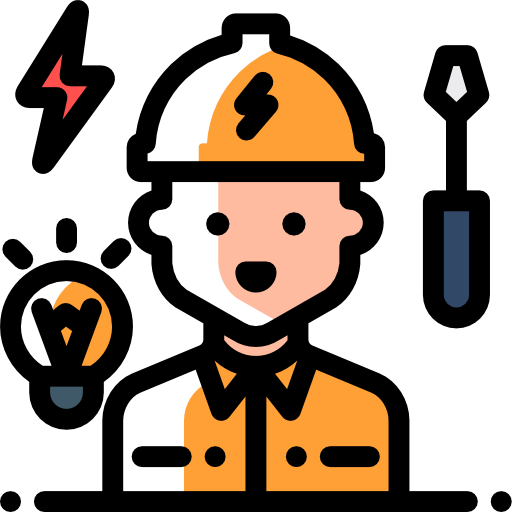
There are three levels in this career pathway:
Apprentice — At this beginning level, you'll learn from a seasoned electrician. After completing a number of hours under supervision, you can take a test to become a journeyman electrician.
Journeyman — At this point, you're a fully licensed electrician and can work without supervision.
Master — This electrician has earned the highest levels of certification and can work on more complex electrical projects. Masters also supervise other electricians.
Did you know?
Do I Have to Join a Union to be an Electrician?
While it is not a requirement to be a licensed electrician, joining an electrical worker union can afford you many benefits not afforded to non-union peers. These include:
Apprenticeship programs
Competitive wages and benefits negotiated on your behalf
Access to training and professional development
A strong focus on safety
The International Brotherhood of Electrical Workers (IBEW) is the labor union that serves electricians in both Canada and the United States. Visit the IBEW website for more information about what they do!
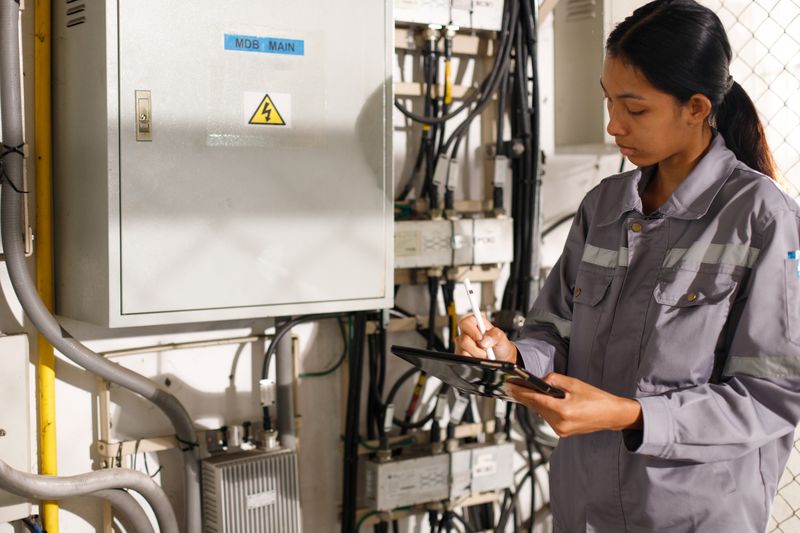
Electrician's Salary Range
Below are the average annual salaries for electricians in both the US and Canada.
 $57,395 (USD) per year
$57,395 (USD) per year
 $71,285 (CAN) per year
$71,285 (CAN) per year
Take Action

Are you ready to take charge of your career as an electrician?
This Byte has been authored by
Jen Russo
Instructional Design